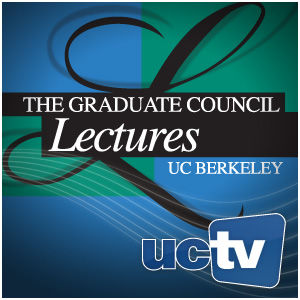How Modern Slavery Touches Everyone
Modern slavery, which encompasses 45 million people around the world, is intricately linked to the economy, politics, violence and war, gender and the environment. In this panel discussion, Kevin Bales, professor of contemporary slavery and research director of the Rights Lab at the University of Nottingham, talks about the impact of contemporary slavery with three UC Berkeley professors, Arlie Hochschild, professor emerita, Department of Sociology, Enrique Lopezlira, Ph.D., director, Low-Wage Work Program, and Eric Stover, adjunct law professor and faculty director, Human Rights Center.
Slave-based activities, like brick making and deforestation, are estimated to generate 2.54 billion tonnes of CO2 per year – greater than the individual emissions of all the world’s nations except China and the U.S. Globally, slaves are forced to do work that is highly destructive to the environment. This work feeds directly into global consumption in foodstuffs, in minerals – both precious and for electronics – construction materials, clothing, and foodstuffs. Most of this work is unregulated leading to extensive poisoning of watersheds, the clear-cutting of forests, and enormous and unregulated emissions of carcinogenic gases as well as CO2. Political corruption supports this slave-based environmental destruction and its human damage.
Series: "UC Berkeley Graduate Lectures" [Humanities] [Science] [Business] [Show ID: 38615]
15 May 2023, 8:00 pm
